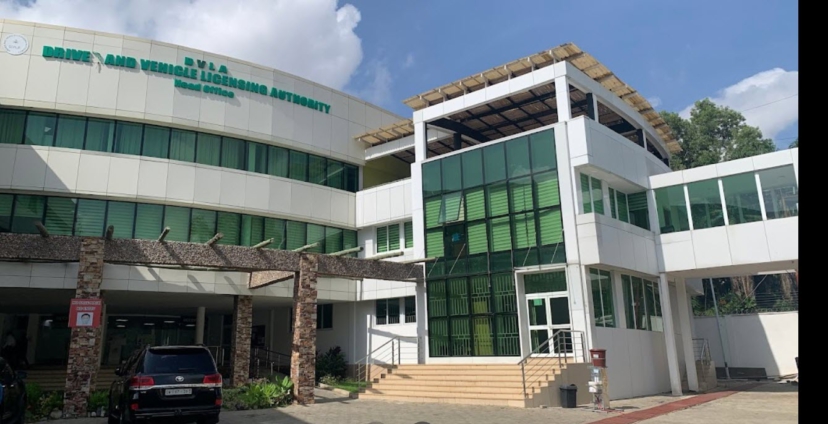The Driver and Vehicle Licensing Authority (DVLA) has interdicted four members of staff who were implicated in JoyNews’ ‘Money over Human Lives’ investigative piece.
The investigation which was carried out in two regions, the Greater Accra Regional Office located at 37 and the Tamale Regional Office in the Northern Region.
The Corruption Watch documentary exposed the breaches in the 48-hour mandatory training at an accredited driving school, the computerized-based theory examination, in-traffic driving test and road signs test, etc.
It captured DVLA officials of different categories with some operating through agents, as well as security men who solicit money to outwit the official mandatory requirements for personal financial gains in total disregard for the danger their actions pose to human lives.
Weeks after the documentary was aired, the DVLA in a statement on January 11 said it has taken steps to address the rot in the acquisition of driver’s licenses.
It said a meeting has been scheduled between the Authority and driving schools in Ghana to identify, discuss and streamline operations for efficiency.
It added that driving schools implicated in the documentary have been invited for a review meeting and will be sanctioned appropriately if found to have breached any licensing conditions.
DVLA further announced some new reforms to prevent further occurrences of such acts.
a) DVLA’s invoice system ensures transparency in our charges and also empowers the customer with information about our services. An update of our payment platform is currently ongoing and will be strategically hastened with a focus on accepting only digital forms of payment for nearly all our services.
b) The Authority will launch a mobile App by end of the first quarter. This will give customers the opportunity to verify our product and services and also enable them to apply and pay for services and receive notifications.
c) Improving access control systems (including the installation of additional CCTV systems at all CBT rooms). Webcams and facial recognition technologies will be introduced to ensure only the right candidates can undertake the test.
d) Review of the operations of all driving schools in the country.
e) Cameras would be fixed in the vehicles used for the in-traffic test
f) Continuous training and certification for driver examiners.
g) Re-registration of all driving schools and instructors.

